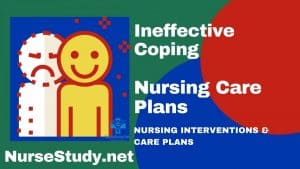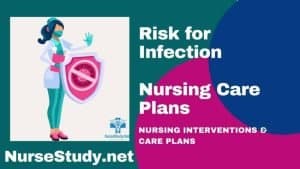Bipolar Disorder Nursing Diagnosis & Care Plan
Bipolar disorder is a complex mental health condition characterized by extreme mood swings, ranging from manic highs to depressive lows. As a psychiatric nurse, understanding and implementing effective Bipolar Disorder Nursing Diagnosis and care plan is crucial for providing optimal care to patients with bipolar disorder. Understanding Bipolar Disorder Bipolar disorder, formerly known as manic-depressive … See Nursing Diagnoses




